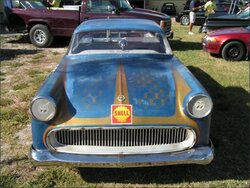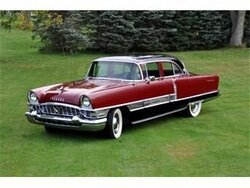Yes, that's correct. But the story is more interesting because this wasn't done in some slick space composite, techno capsule. It was accomplished by a homely Opel, in 1979.
http://www.seattlepi.com/news/artic...l-it-gets-376-59-mpg-1264903.php#photo-681729

http://www.seattlepi.com/news/artic...l-it-gets-376-59-mpg-1264903.php#photo-681729




